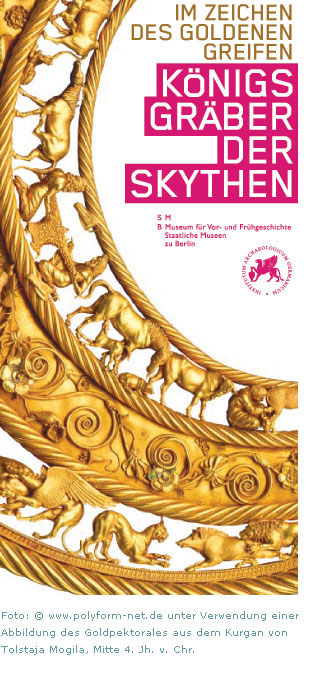Freedomain Radio (review, site, feed)
Community podcast for an on-line movement of anarchists. One of their ideas being that one has a choice whether to stay connected with one's family of origin. An actual event of a follower breaking with his family let to a media storm at, among others, The Guardian and the BBC.
 Hoor! Geschiedenis (review, site, feed)
Hoor! Geschiedenis (review, site, feed)A very adequate and from the onset complete history of the Netherlands, going back to the earliest roots of Dutch culture and coming into existence of the state. (Dutch language)
Thinking Allowed (review, site, feed)
BBC radio program about the social sciences.
Game Theory (Yale) (review, site, no feed)
Economics course on Yale, bringing the basics of Game Theory with as little math as possible, making Game Theory and its application accessible also beyond the field of economics.
RSA Current Audio (review, site, feed)
Podcast of events at the Royal Society for the encouragement of Arts, Manufactures and Commerce.
Skythen-Podcast (review, site, feed)
Very extensive promotional podcast for an exhibition on the Scythians. (German Language)
Media Matters (review, site, feed)
Talkshow on NPR with Bob McChesney in which he speaks with guests on current themes in the media, mostly on economics and politics.
Family History - Genealogy made easy (review, site, feed)
Podcast for beginners in the field of genealogy.
Genealogy Gems Podcast (review, site, feed)
A professional podcast for anybody who is taking genealogy seriously.
Cambridge Alumni Podcast (review, site, feed)
Podcast of events for Cambridge Alumni.
Introduction to Ancient Greek History (Yale) (review, site, no feed)
Open Course on Yale delivering the history of the Ancient Greeks tracing the development of Greek civilization as manifested in political, intellectual, and creative achievements from the Bronze Age to the end of the classical period.
New York Coffee Cup (review, site, feed)
Audio blog of a man scrambling to put up with New York City, the past and his teenage daughter simultaneously.
Paste the link
http://feeds.feedburner.com/Anne_Is_A_Man
into the RSS reader of your preference. (What is RSS? - Help on getting subscription)
I love to get new podcast recommendations. You can let your preferences know by commenting on the blog or sending mail to Anne is a Man at: Anne Frid de Vries (in one word) AT yahoo DOT co DOT uk
Connect with Anne is a Man on
Facebook,
Twitter.




















